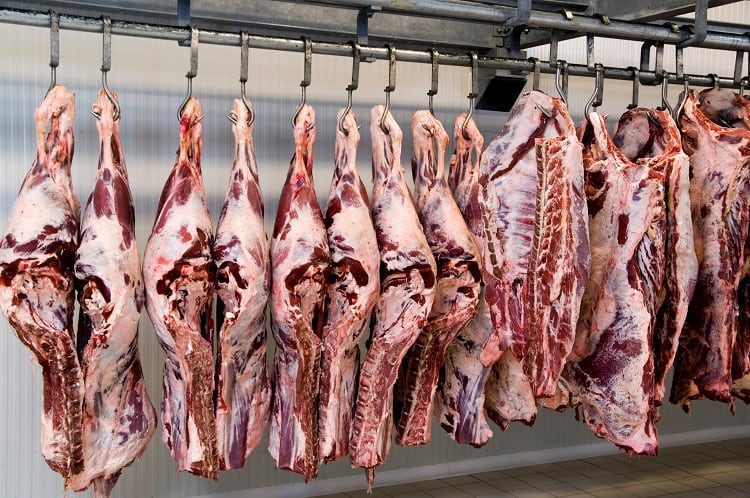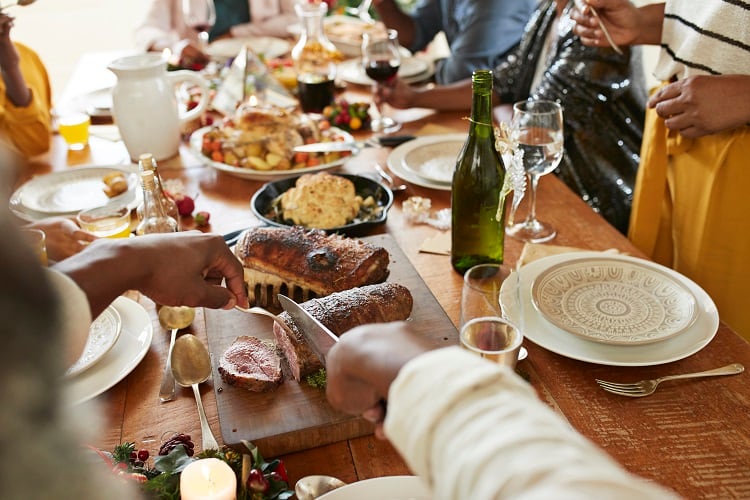Michael Gore, managing director at FEBEV, spoke at the Belgian Meat Office’s round table in Brussels last week on a new sustainability scheme among Belgian meat producers, which became compulsory in July.
FEBEV Belgium's national industry association for red meat, representing the interests of slaughterhouses, cutting plants and meat preparation plants. It has around 120 members, representing 98% of pigs and 95% of cattle slaughtered in Belgium.
Facing the regulations
With a range of new EU regulations around sustainability, such as the corporate sustainability & due diligence directive and the corporate sustainability reporting directive, there is a need for the Belgian meat industry, not just big producers but small ones as well, to take a look into their own operations, and how sustainable they are.
“The problem that we face,” said Gore, “is a multi-levelled issue. There's a whole range of European regulations coming into force and impacting our businesses, on deforestation yes but also forced labour.
“What we observed when we exchanged with our members, mainly the smaller companies, is that they thought ‘well this is something for the big ones, this is not for us.’ And that's the problem. If you think you are not concerned, then you most probably are, because there's this trickle-down effect. All the smaller businesses to some extent will be supplying other players which are required to communicate the efforts they perform and make links to sustainability.”
Monitoring sustainability
FEBEV’s sustainability monitoring tool, which will keep tabs on its members’ sustainability efforts and was made compulsory in July this year, focuses on reassuring stakeholders that sustainability issues are being addressed.
The monitoring tool, which includes a minimum yearly audit, is intended to assess the strengths and weaknesses of FEBEV’s clients when it comes to sustainability. It is built around a relevant selection of UN sustainable development goals, with a focus on renewable energy (SDG goals 12 and 13), animal welfare (SDG goal 15) and social commitment (SDG goals 2, 3 and 8), among other things.
“Just to give you an idea of how it works,” said Gore,“we have the checklists that we require the businesses to fill out; once it has been filled out, it is analysed by ourselves and we have a third party audit.
“So when the third party body goes on site to check, there is a sampling done of the checklist, and an analysis done to check whether the checklist has been filled out adequately.
“We built it around a number of main themes,” said Gore, “so it's also about labour, it's about biosecurity and animal welfare. And the whole point is making sure that we bring correct messages, that they are sound, that the data that we are collecting is proved, and that we cannot be attacked by the information that we have put within the media arena.”
They are also able to compare individual company results to the scheme as a whole, allowing them to give individual advice on areas to improve.
“Because as we are collecting the data from all those businesses, it allows us to create the benchmark, and allows us to provide information to the individual companies about where they stand; not only with their total results, but more importantly, compared to all those different things. It might be that they are weaker on labour but they are very strong on animal welfare, for example, and it highlights what they need to do to improve their system.”
A higher sustainability score will be reached by, for example, investing in renewable energy, or improving production processes.
The next step in the program is to do an analysis one year on from the start of compulsory participation, and review and refine methods of calculation where needed.
“The final objective for us is to demonstrate that the meat industry can be and is sustainable,” Gore concluded.
“The problem is we need to overstep is individual perspectives, in order to bring a common approach, and bring in data to demonstrate that we are sustainable. Here on the street we need to prove it, and within the narratives that we see with our authorities it is very hard to defend the position that the industry can indeed be sustainable. So the only possibility that we have is bringing data to highlight it.”




